Jeep Grand Cherokee, Track Test
It’s no secret that the ‘Jeep’ has been a very popular model in India for decades. Originally built for the Second World War, the Jeep saw its life extended in the Indian market due to its reliability and the ability to tackle our non-existent road infrastructure

It’s no secret that the ‘Jeep’ has been a very popular model in India for decades. Originally built for the Second World War, the Jeep saw its life extended in the Indian market due to its reliability and the ability to tackle our non-existent road infrastructure So, in the old days, every well-to-do household would boast of at least one ‘Jeep’ to ensure that they had a vehicle that could take them to far off places reliably.
Now, after many will-they or won’t-they debates, the Jeep brand finally decided to enter the Indian market in its modern avatar as part of FCA (Fiat Chrysler Automobiles). At the higher end of their product line-up is the Jeep Grand Cherokee, which is offered in India in three trims – Limited, Summit and the brawny SRT. In our test, we drove the Summit version, which is the luxury version of the diesel powered SUV – featuring Nappa leather, a large touchscreen multimedia system, and large 20-inch wheels.

Powering the Cherokee is a 3-litre V6 turbodiesel engine, producing 240bhp and 570Nm, which is paired to an eight-speed automatic gearbox. Of course, it has all-wheel drive as standard. And, to be honest, the Grand Cherokee does feel like quite a nice place to spend time in – the materials used in the cabin feel quite premium and the NVH levels are quite low. So, at highway speeds, there’s very little cabin noise. Meanwhile, the gearbox is responsive and shifts are quick. The seats, especially, feel big and comfortable – and are a nice place to spend time in during long drives.
However, on the track, the Cherokee struggles a bit due to its tall structure and heavy weight. Plus, the steering lacks any kind of feedback – which makes driving it aggressively a tad bit difficult. The powertrain, though, really shines – as the refined engine delivers strong grunt and this Jeep covers ground at a fast clip, as the lap time clearly demonstrates.
Overall, the Grand Cherokee feels like a product that has potential and is very capable. It’s very luxurious, though in some areas it lacks the attention-to-detail of its German competitors. But, with its bold styling, big wheels and large chrome grille, it has a lot of road presence – and it fits the aura that the Jeep brand commands in India. However, the fundamental problem is its exorbitant price tag. It’s priced at Rs. 1.03 crores – way more than its competitors – which simply makes no financial sense, and so it loses majorly on the value-for-money factor. This is something that will be a perpetual problem for the Jeep brand to tackle until they sort out their pricing strategy.


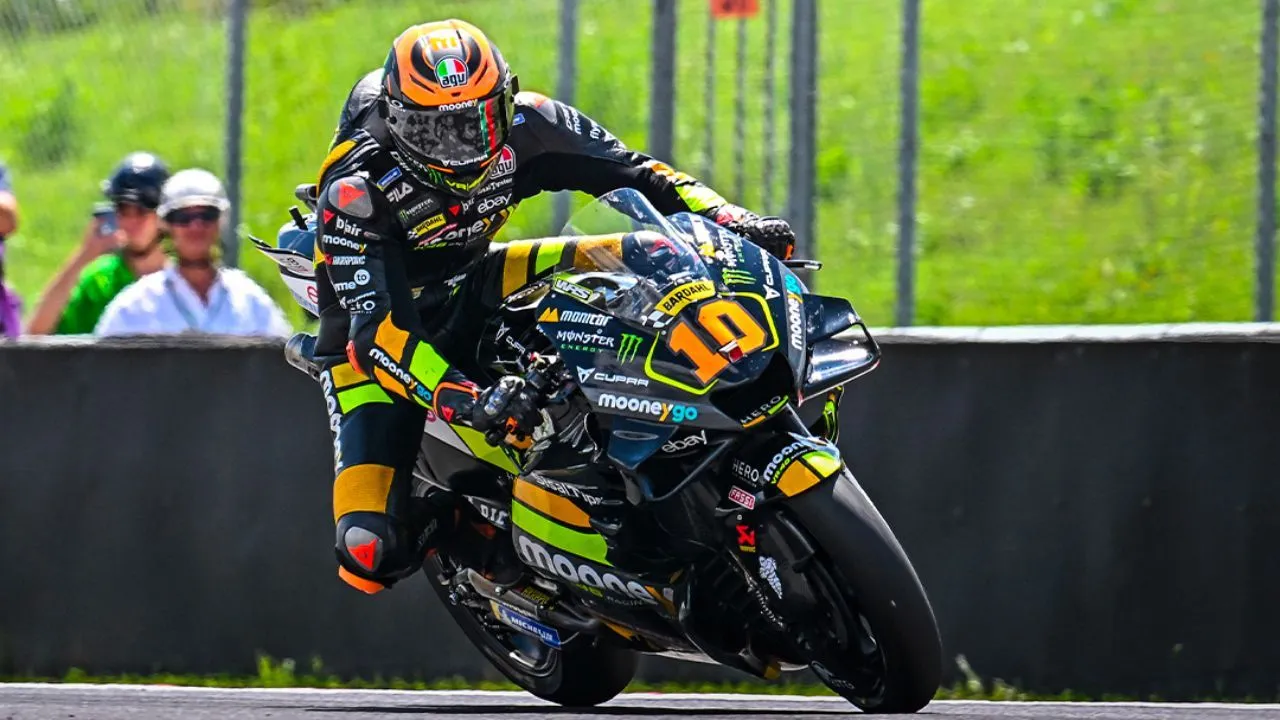
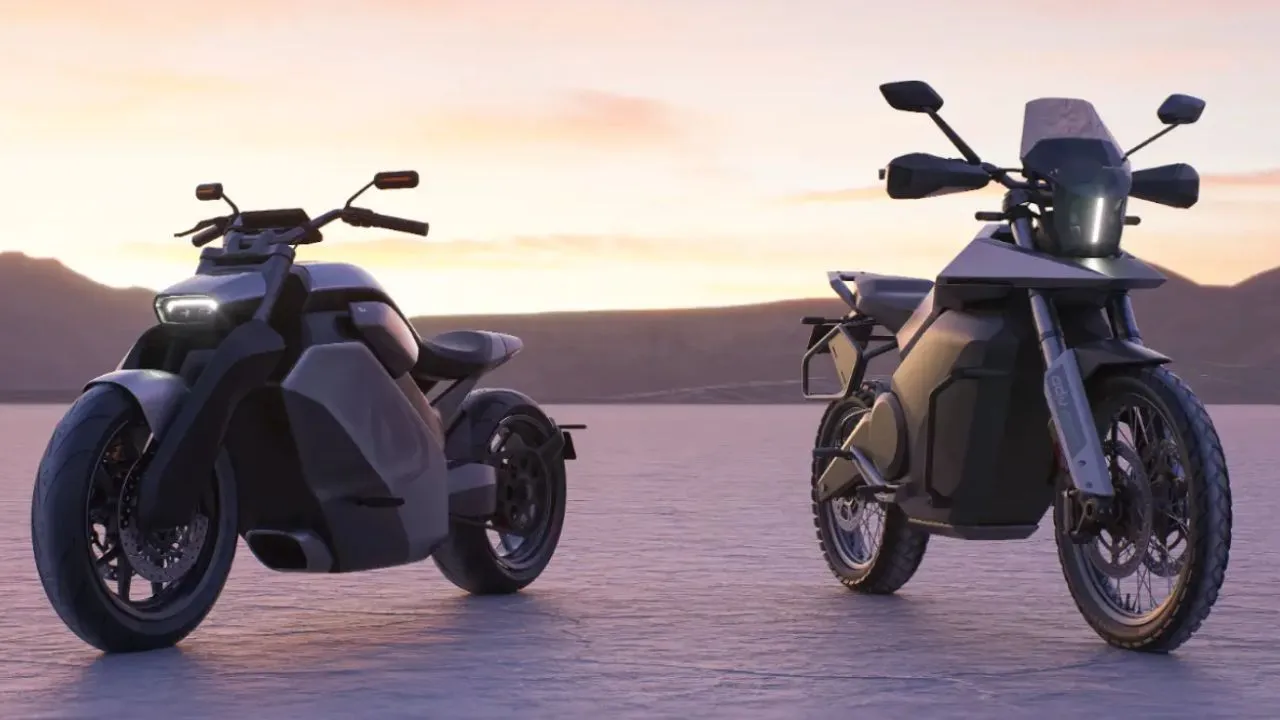

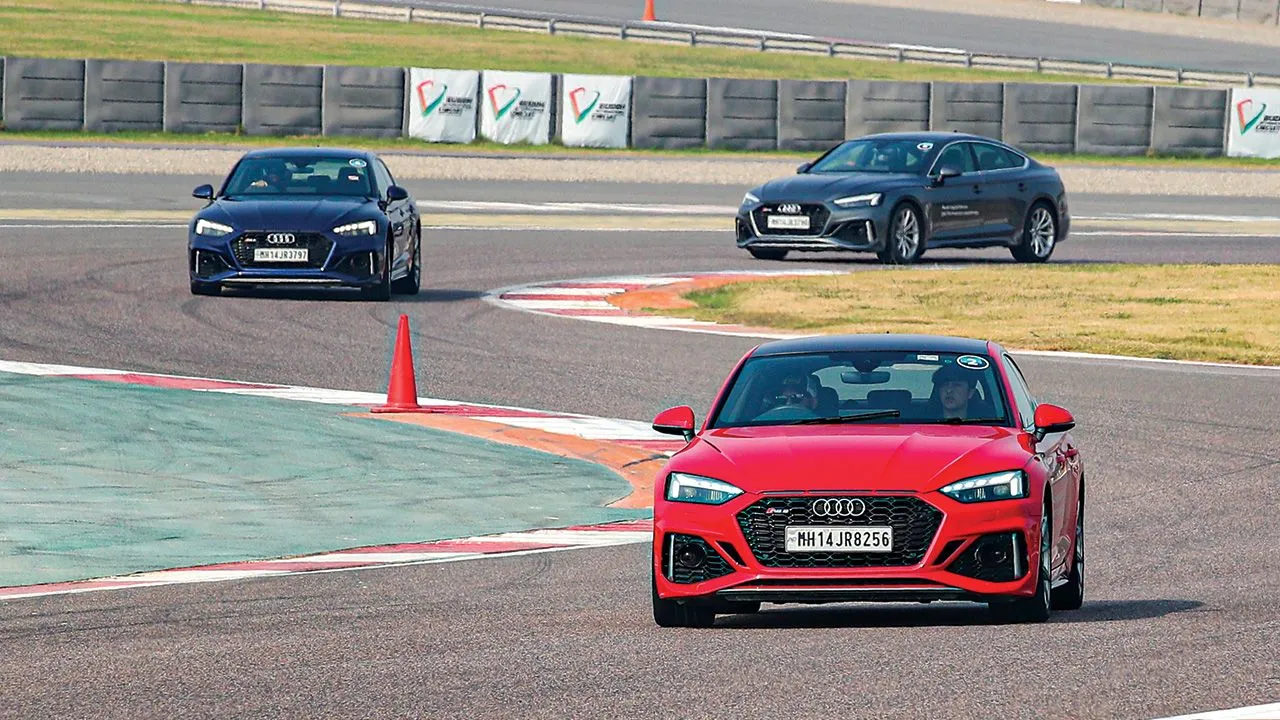

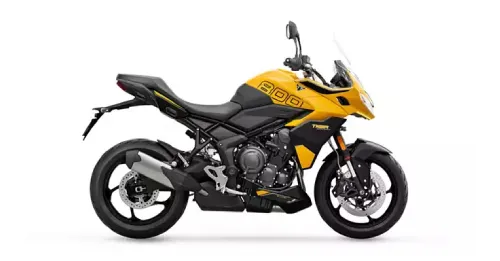
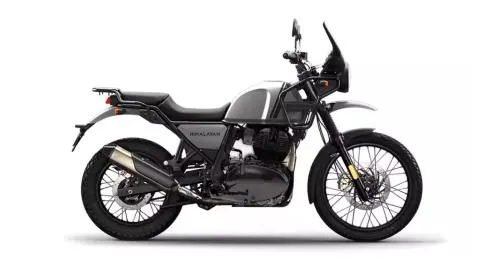


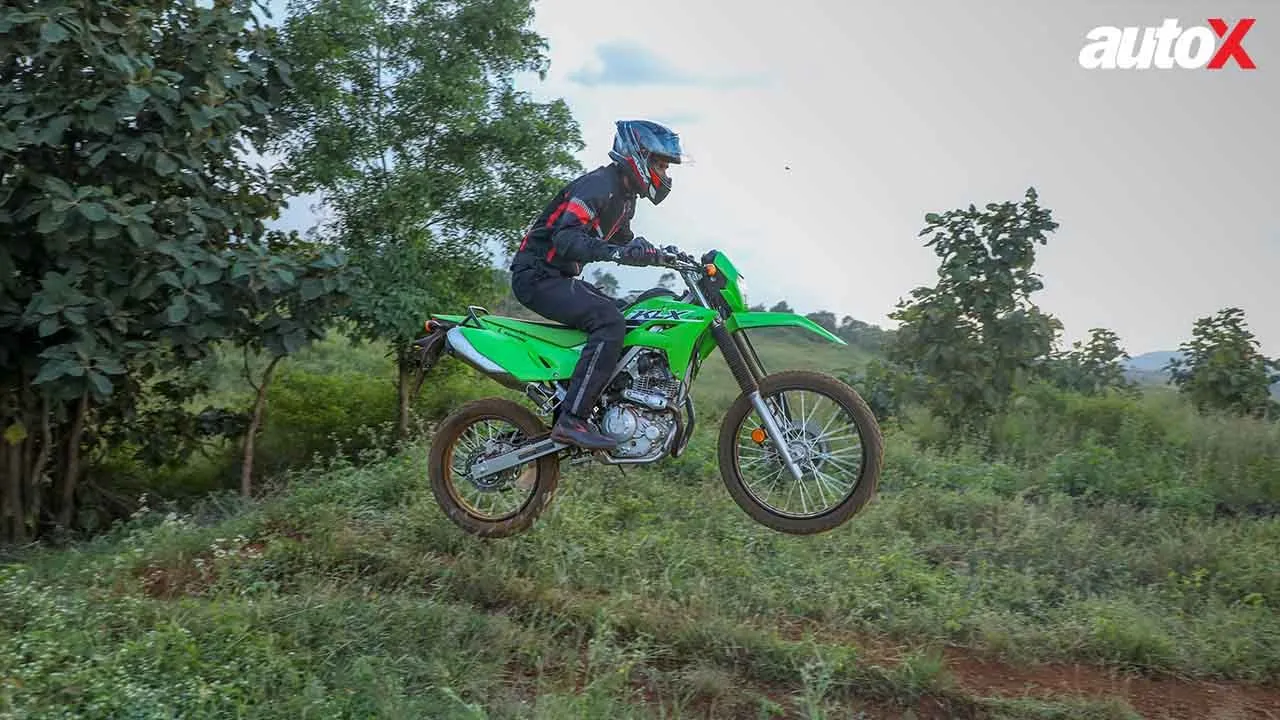
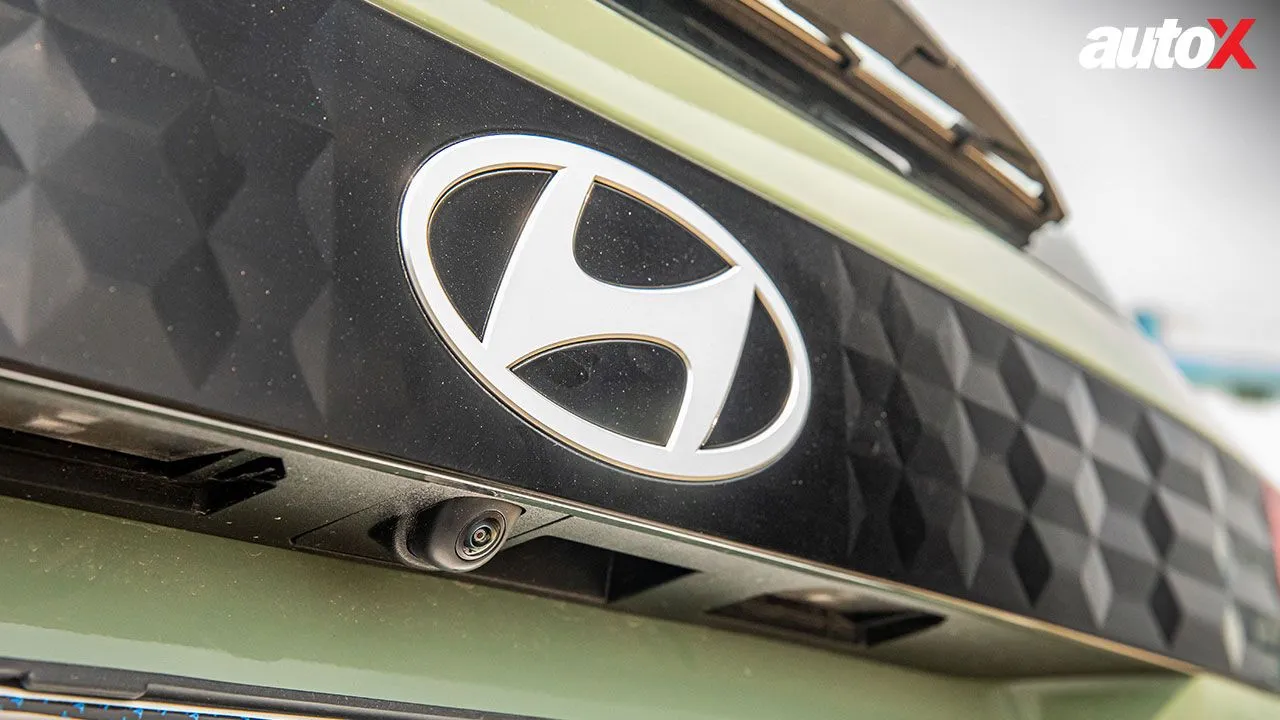
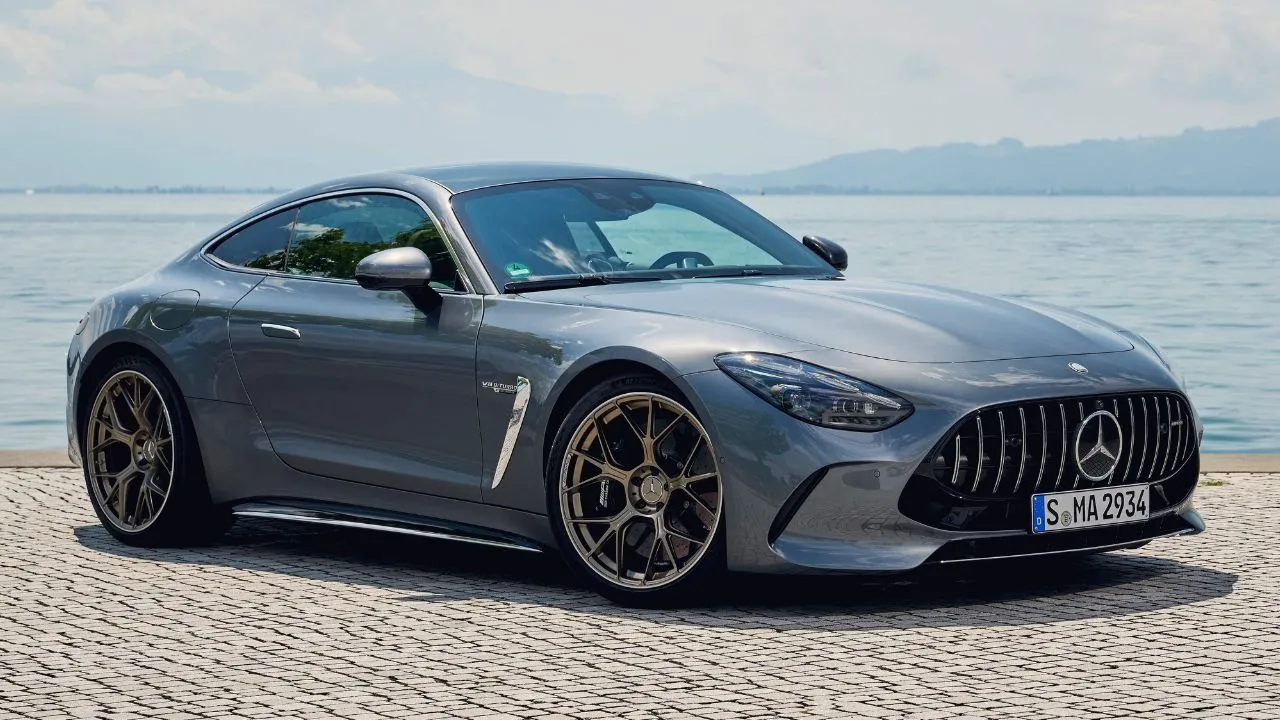
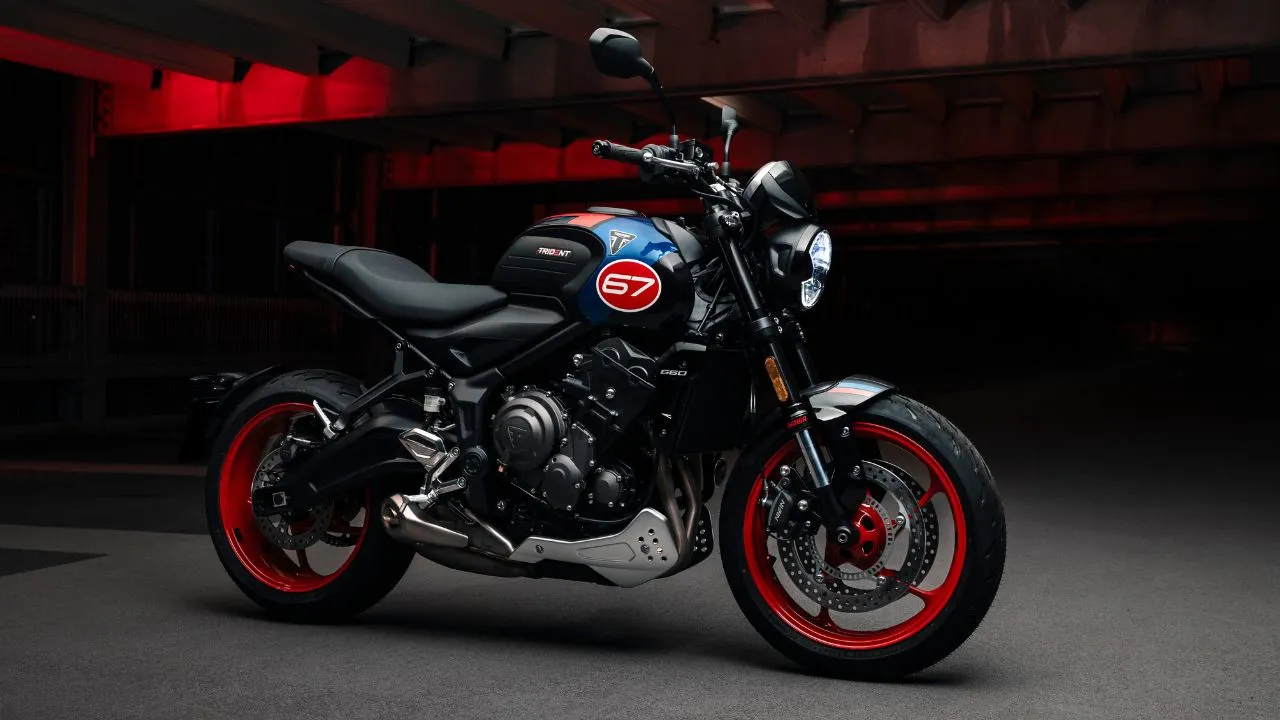
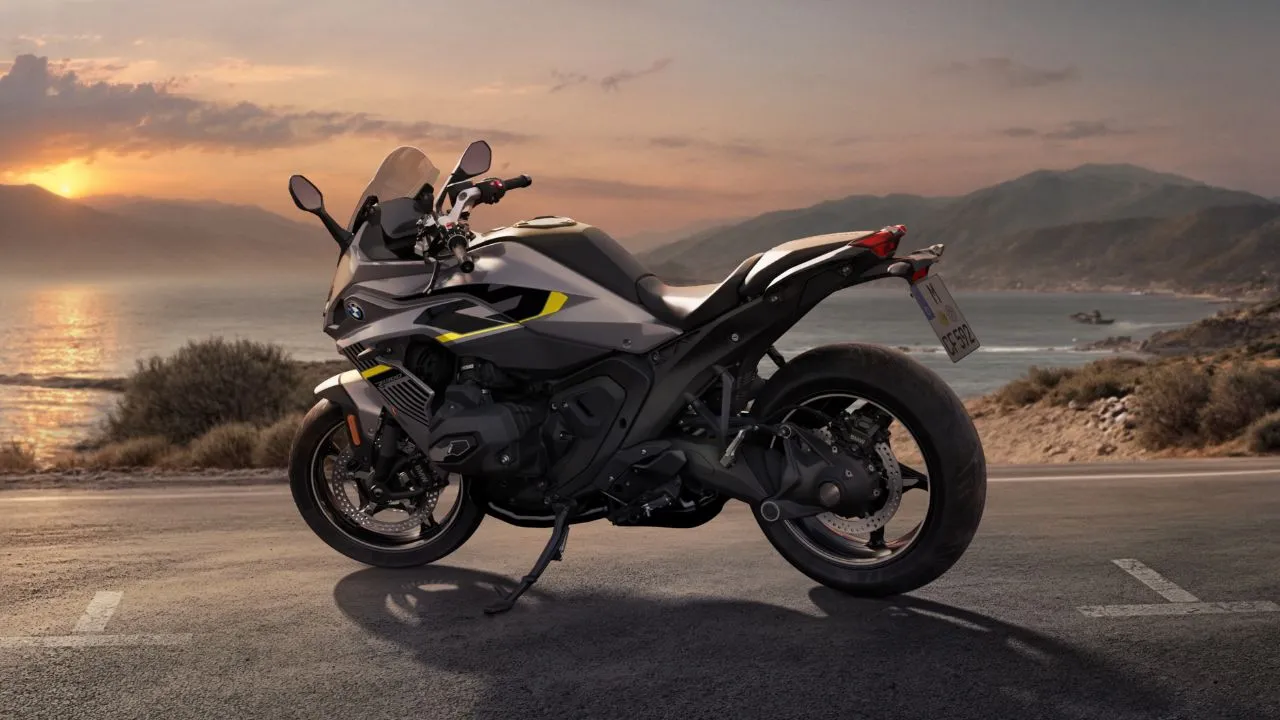





Write your Comment on